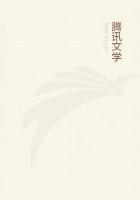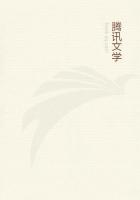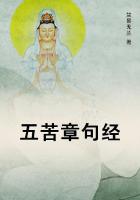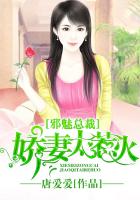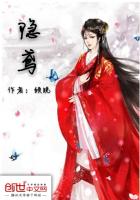THE events happened soon after the first thirty years of the present century had come to an end.
On a fine morning, early in the month of April, a gentleman of middle age (named Rayburn) took his little daughter Lucy out for a walk in the woodland pleasure-ground of Western London, called Kensington Gardens.
The few friends whom he possessed reported of Mr. Rayburn (not unkindly) that he was a reserved and solitary man. He might have been more accurately described as a widower devoted to his only surviving child. Although he was not more than forty years of age, the one pleasure which made life enjoyable to Lucy's father was offered by Lucy herself.
Playing with her ball, the child ran on to the southern limit of the Gardens, at that part of it which still remains nearest to the old Palace of Kensington. Observing close at hand one of those spacious covered seats, called in England "alcoves," Mr. Rayburn was reminded that he had the morning's newspaper in his pocket, and that he might do well to rest and read. At that early hour the place was a solitude.
"Go on playing, my dear," he said; "but take care to keep where Ican see you."
Lucy tossed up her ball; and Lucy's father opened his newspaper.


